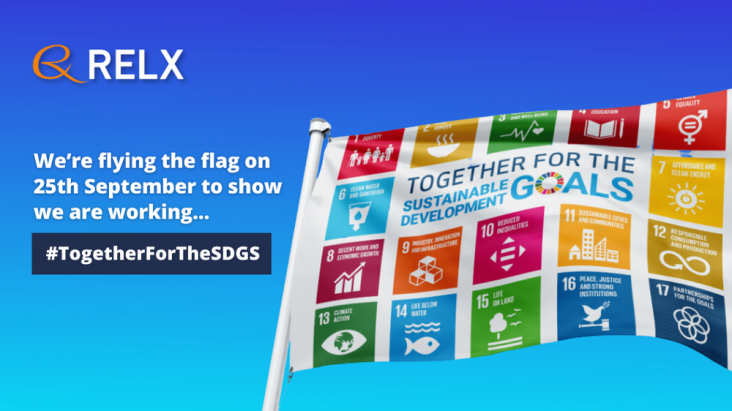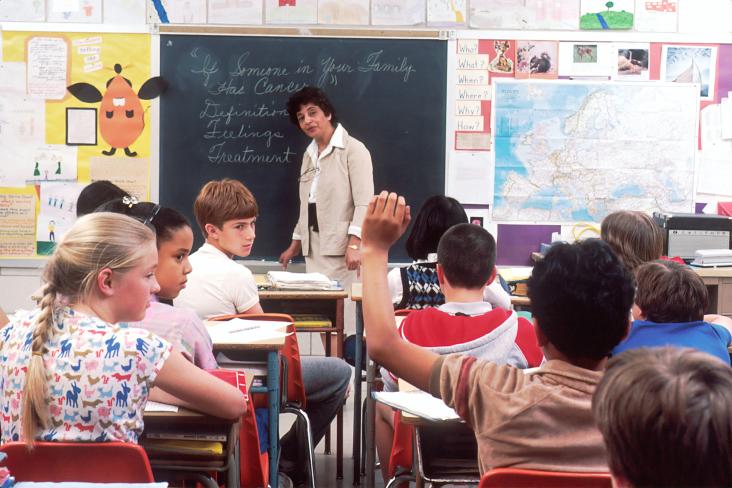
As we enter the ninth year since the adoption of the UN Sustainable Development Goals (SDGs) in 2015, the pressing need to meet these ambitious objectives becomes ever more evident.
This article advances SDG # 3, 4, 8, 10 and 13 by compiling evidence showing that climate change and its various consequences can adversely affect brain development in the fetal through the early childhood stages. Long-term consequences on health, education and economies are significant. T

Recognising our customers' exceptional work to achieve the United Nations' Sustainable Development Goals
The article highlights the Indigenous approaches to conflict resolution vary considerably from society to society.
The article highlights the development schemes implemented by the Malaysian government to eradicate poverty.
This Comment supports SDGs 4 and 10 by reviewing the global pledges and resolutions that have been made regarding disabled children (dating back to 1946), and highlighting how the September 2023 global summit on SDGs provides an opportunity to reaffirm global commitments on early childhood development.
This paper supports the improvement of maternity care by First Nations doulas.



